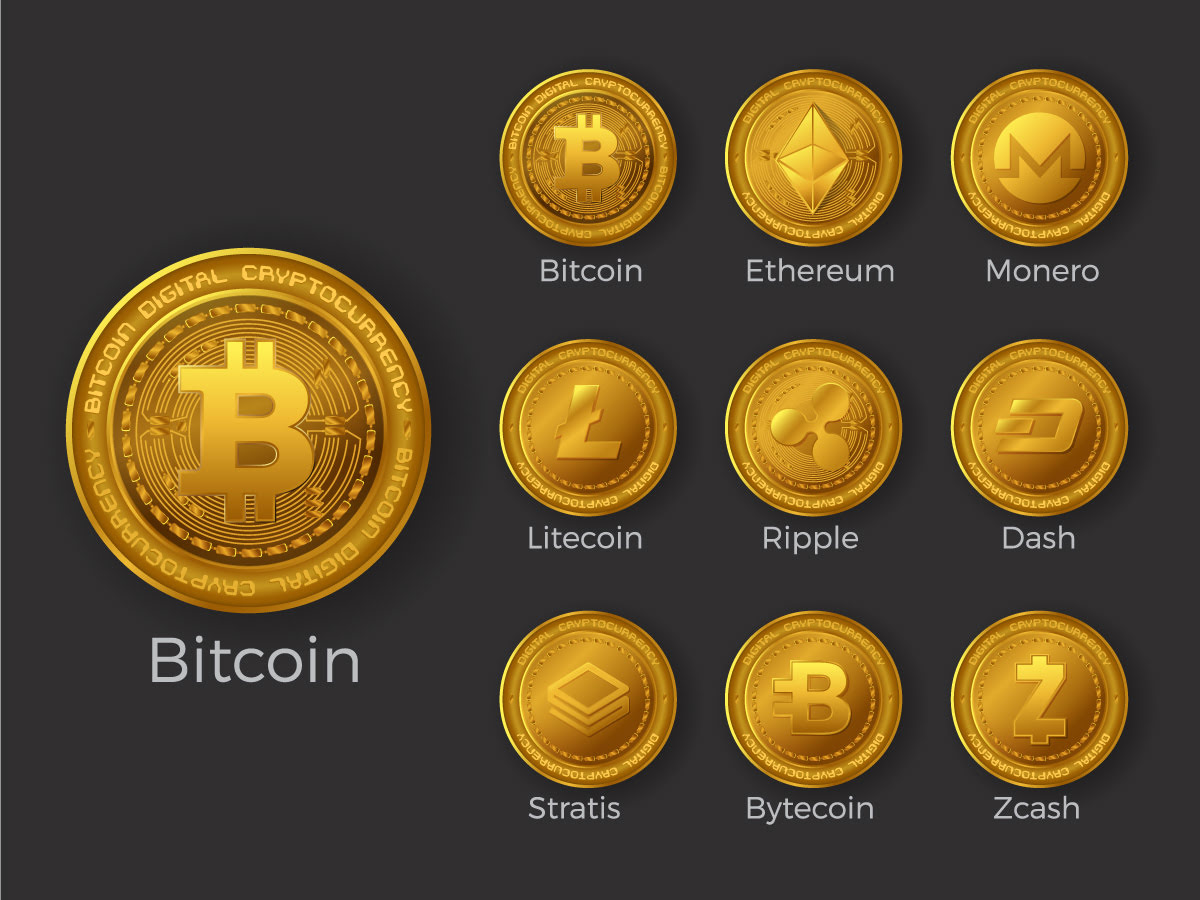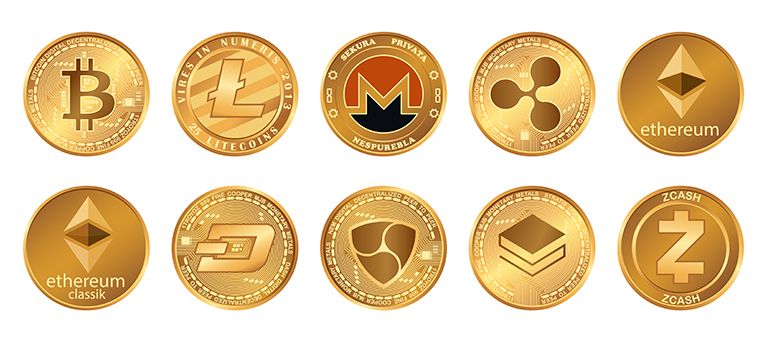Are all cryptocurrencies based on blockchain
In a Proof of Work system, miners use sophisticated hardware and compete to solve complex mathematical puzzles, verifying transactions and adding new blocks to the blockchain free spins. In return for maintaining the security of the blockchain, miners receive rewards!
Dhiraj Nallapaneni is a Crypto Tax Writer at CoinLedger. As an Economics degree holder from the University of California Santa Barbara, he’s well versed in topics like cryptocurrency markets and taxation.
Litecoin is often seen as a faster and more cost-efficient alternative to Bitcoin, with faster transaction times and lower fees. It has retained popularity among miners due to its lower entry barriers compared to Bitcoin.
Taxation: Besides exorbitant expenses, the rewards miners earn can be taxable, depending on their tax residency. Even if they exchange or sell these rewards, they have to pay a tax. In simple terms, this reward is equivalent to ordinary income upon receipt.
Adam Hayes, Ph.D., CFA, is a financial writer with 15+ years Wall Street experience as a derivatives trader. Besides his extensive derivative trading expertise, Adam is an expert in economics and behavioral finance. Adam received his master’s in economics from The New School for Social Research and his Ph.D. from the University of Wisconsin-Madison in sociology. He is a CFA charterholder as well as holding FINRA Series 7, 55 & 63 licenses. He currently researches and teaches economic sociology and the social studies of finance at the Hebrew University in Jerusalem.
Are all cryptocurrencies the same
In addition to trading digital currencies, derivatives contracts are also available on Bitcoin and Ethereum from leading derivatives exchange CME Group (CME -4.98%). Derivatives such as futures and options are primarily used as a hedge against price fluctuations in the underlying asset.
However, the differences between them suggest that cryptocurrencies offer more control to users and benefits of security for their assets. On the contrary, digital currencies such as CBDCs provide the assurance of legal validity alongside the backing of governments and central banks. Discover more information about digital currencies and cryptocurrencies to understand their differences with better clarity.
Cryptocurrencies register all information about transactions on the blockchain record. Therefore, the details of all cryptocurrency transactions stay in the public domain. Anyone can access information about the transactions and learn all the details without any bureaucratic or legal hurdles.

In addition to trading digital currencies, derivatives contracts are also available on Bitcoin and Ethereum from leading derivatives exchange CME Group (CME -4.98%). Derivatives such as futures and options are primarily used as a hedge against price fluctuations in the underlying asset.
However, the differences between them suggest that cryptocurrencies offer more control to users and benefits of security for their assets. On the contrary, digital currencies such as CBDCs provide the assurance of legal validity alongside the backing of governments and central banks. Discover more information about digital currencies and cryptocurrencies to understand their differences with better clarity.
Cryptocurrencies all
Each of our coin data pages has a graph that shows both the current and historic price information for the coin or token. Normally, the graph starts at the launch of the asset, but it is possible to select specific to and from dates to customize the chart to your own needs. These charts and their information are free to visitors of our website. The most experienced and professional traders often choose to use the best crypto API on the market. Our API enables millions of calls to track current prices and to also investigate historic prices and is used by some of the largest crypto exchanges and financial institutions in the world. CoinMarketCap also provides data about the most successful traders for you to monitor. We also provide data about the latest trending cryptos and trending DEX pairs.
Cryptocurrencies are digital assets that are secured by cryptography. They use decentralized networks to transfer and store value, and the transactions are recorded in a publicly distributed ledger known as the blockchain. Transactions are verified by network nodes and recorded in a public distributed ledger known as the blockchain. Cryptocurrency transactions are secure, and are verified by a decentralized network of computers.
The very first cryptocurrency was Bitcoin. Since it is open source, it is possible for other people to use the majority of the code, make a few changes and then launch their own separate currency. Many people have done exactly this. Some of these coins are very similar to Bitcoin, with just one or two amended features (such as Litecoin), while others are very different, with varying models of security, issuance and governance. However, they all share the same moniker — every coin issued after Bitcoin is considered to be an altcoin.

Each of our coin data pages has a graph that shows both the current and historic price information for the coin or token. Normally, the graph starts at the launch of the asset, but it is possible to select specific to and from dates to customize the chart to your own needs. These charts and their information are free to visitors of our website. The most experienced and professional traders often choose to use the best crypto API on the market. Our API enables millions of calls to track current prices and to also investigate historic prices and is used by some of the largest crypto exchanges and financial institutions in the world. CoinMarketCap also provides data about the most successful traders for you to monitor. We also provide data about the latest trending cryptos and trending DEX pairs.
Cryptocurrencies are digital assets that are secured by cryptography. They use decentralized networks to transfer and store value, and the transactions are recorded in a publicly distributed ledger known as the blockchain. Transactions are verified by network nodes and recorded in a public distributed ledger known as the blockchain. Cryptocurrency transactions are secure, and are verified by a decentralized network of computers.
The very first cryptocurrency was Bitcoin. Since it is open source, it is possible for other people to use the majority of the code, make a few changes and then launch their own separate currency. Many people have done exactly this. Some of these coins are very similar to Bitcoin, with just one or two amended features (such as Litecoin), while others are very different, with varying models of security, issuance and governance. However, they all share the same moniker — every coin issued after Bitcoin is considered to be an altcoin.
